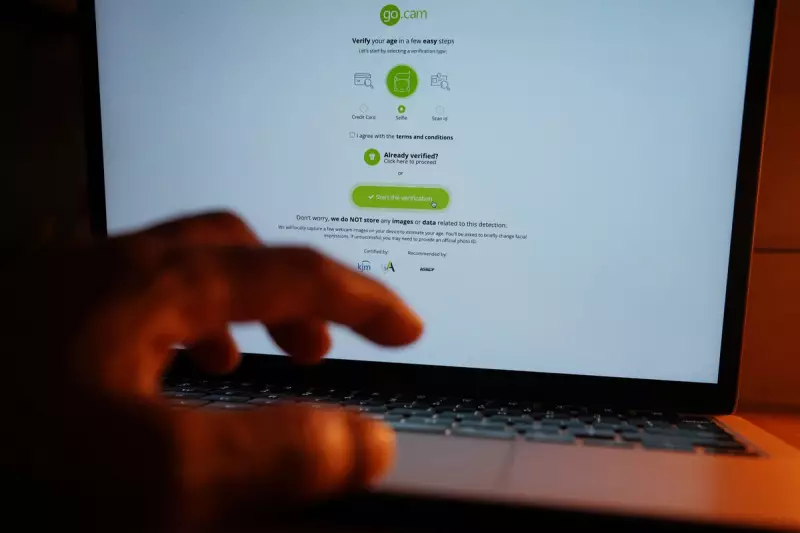
The Liberal Democrats have launched a formal challenge against the government, demanding transparency over why officials are reportedly using Virtual Private Networks (VPNs) to access Wikipedia pages.
In a move that has raised eyebrows across Westminster, Lord Allan of Hallam has submitted a series of written parliamentary questions seeking clarification on this controversial practice.
Questioning Government Transparency
The peer is pressing ministers to reveal which departments have instructed staff to use VPNs for Wikipedia access and whether this constitutes an attempt to bypass security protocols.
More importantly, he's demanding to know if this activity indicates broader government censorship of online information resources that should be freely available to both officials and the public.
Security Concerns and Public Access
The controversy highlights significant questions about government transparency and public access to information. If Wikipedia pages are being deliberately blocked within government networks, it raises concerns about:
- Information accessibility for government researchers and policy makers
- Public transparency and equal access to information
- Potential censorship of legitimate educational resources
- Security protocols being circumvented by official channels
Broader Implications for Internet Freedom
This situation extends beyond simple IT policy questions. The use of VPNs to access what should be publicly available information suggests a worrying trend toward information restriction within government institutions.
As Lord Allan's questions highlight, there are legitimate concerns about whether this represents a broader pattern of limiting access to educational and reference materials that are freely available to ordinary citizens.
The government now faces mounting pressure to clarify its position on information access and explain why taxpayer-funded officials need to use privacy tools to reach one of the world's most popular knowledge repositories.





